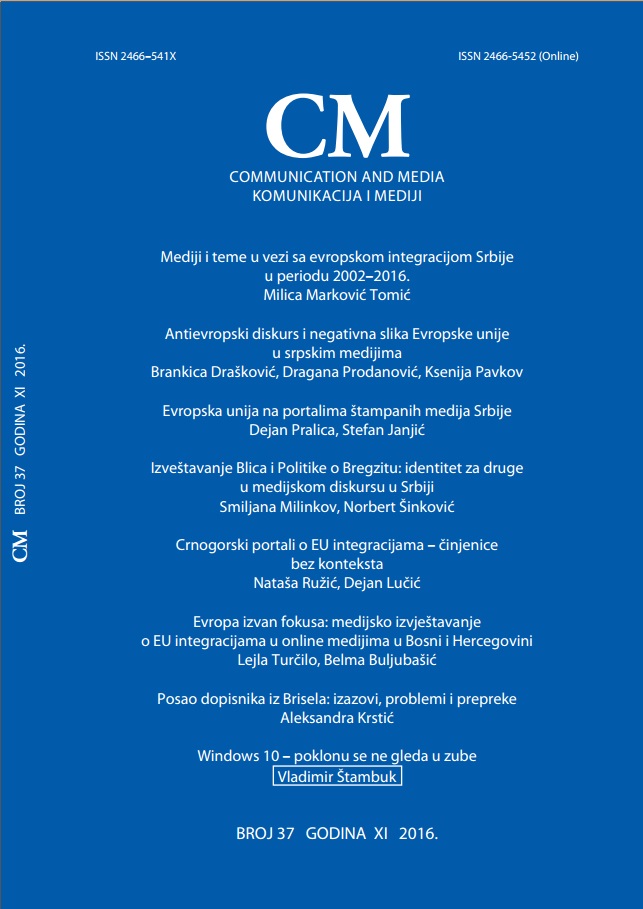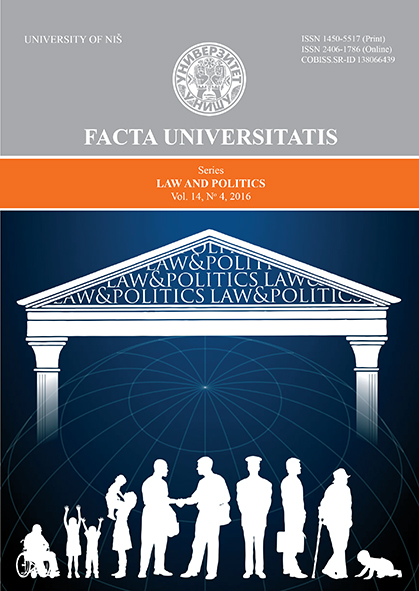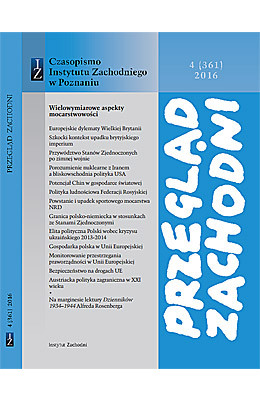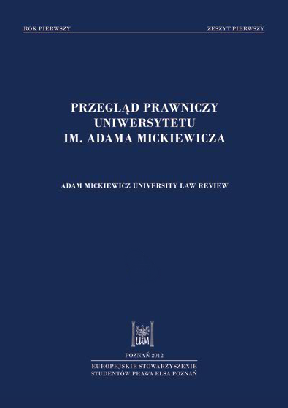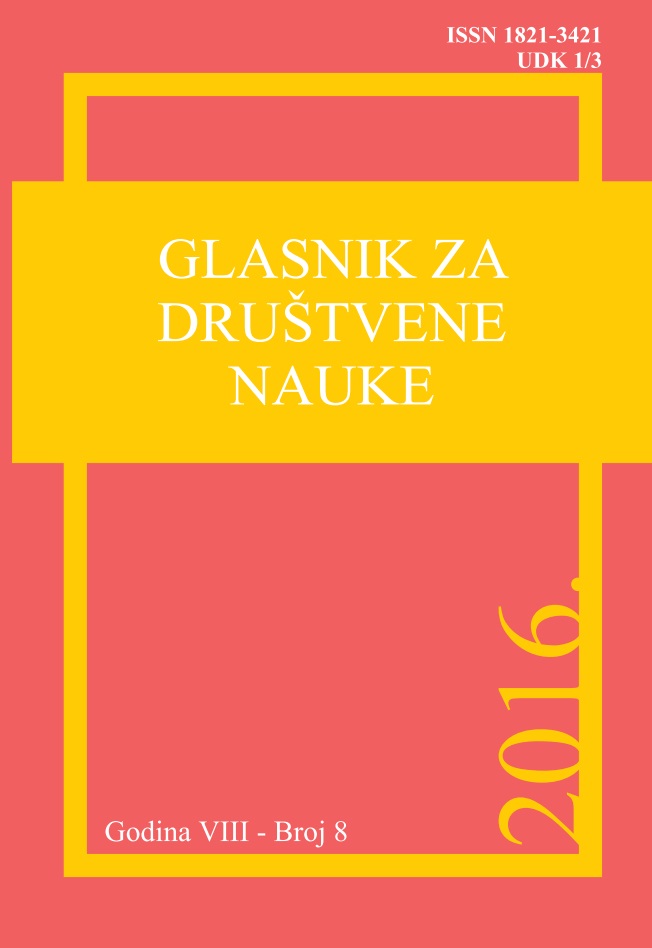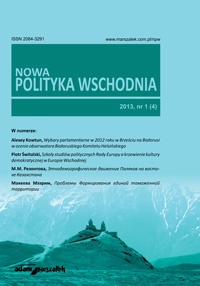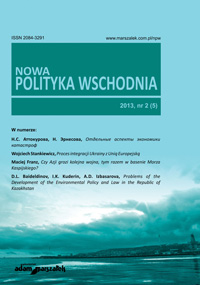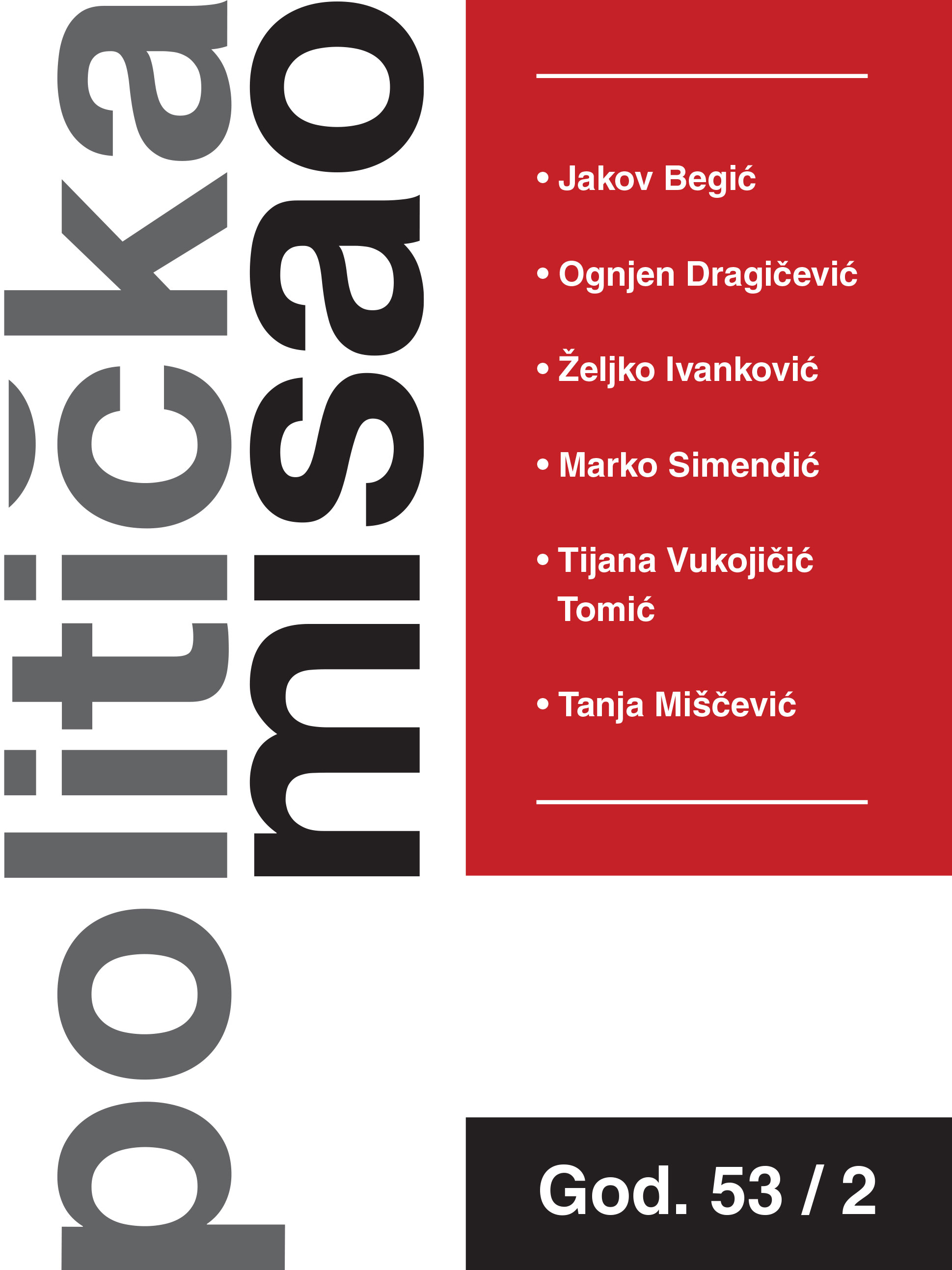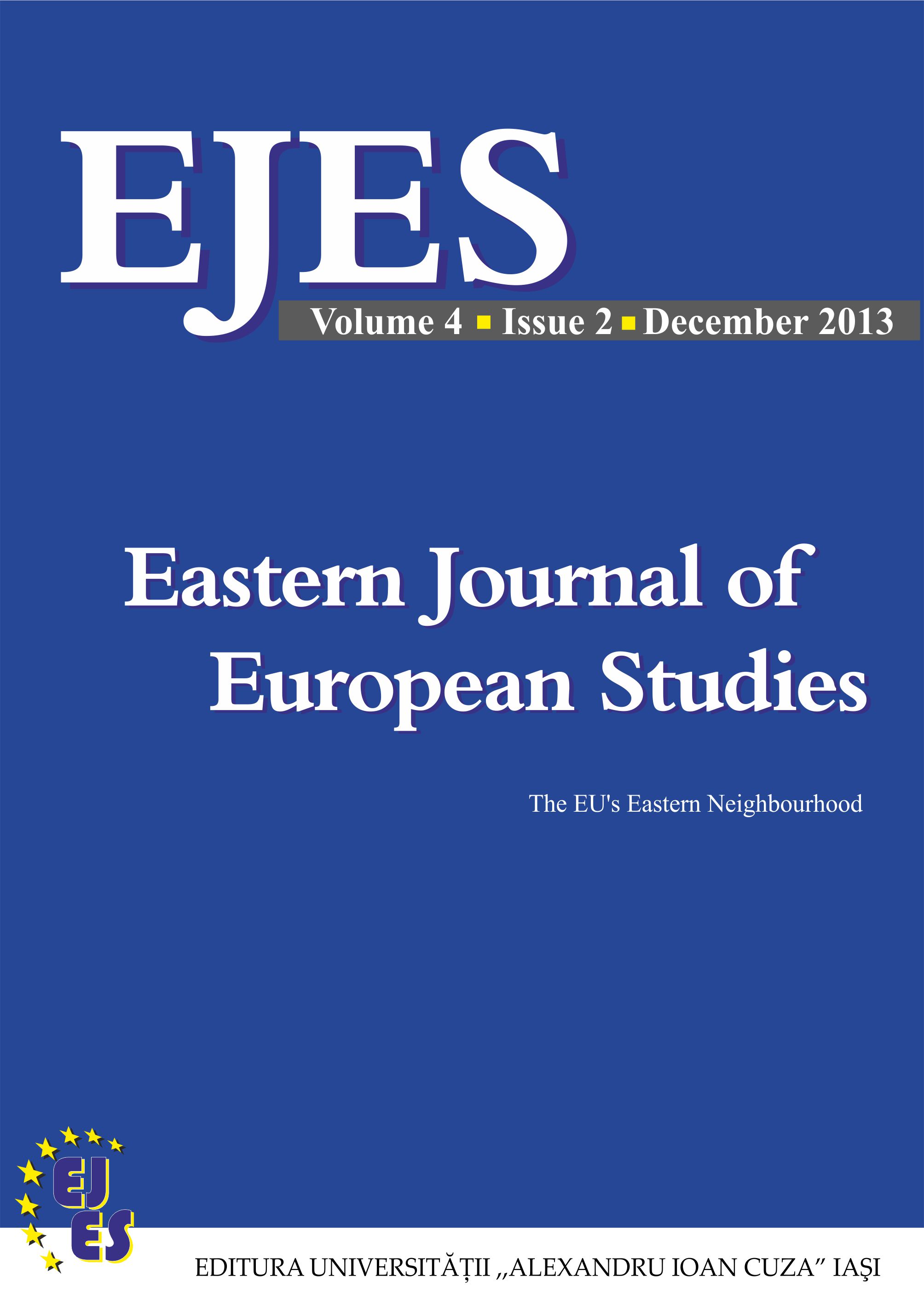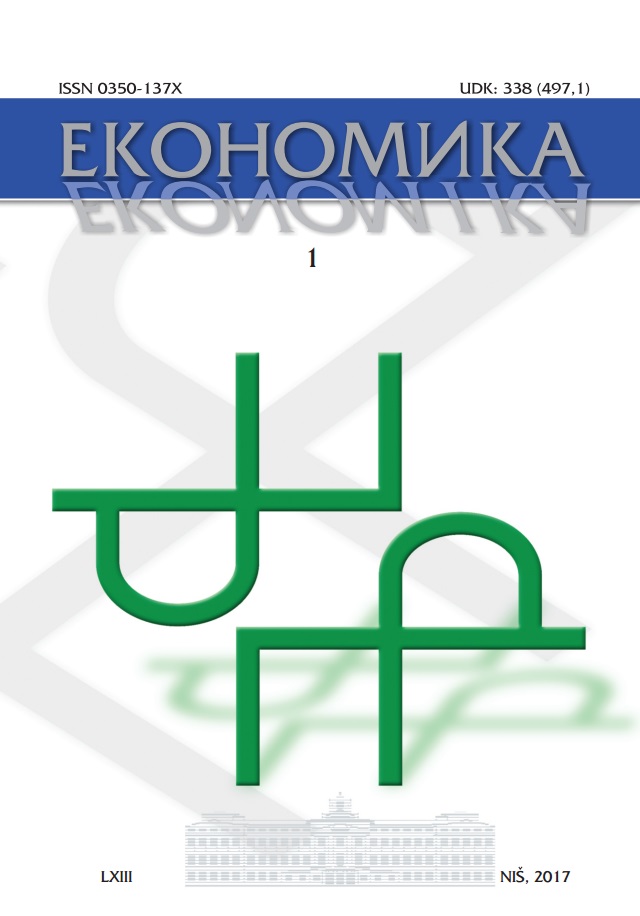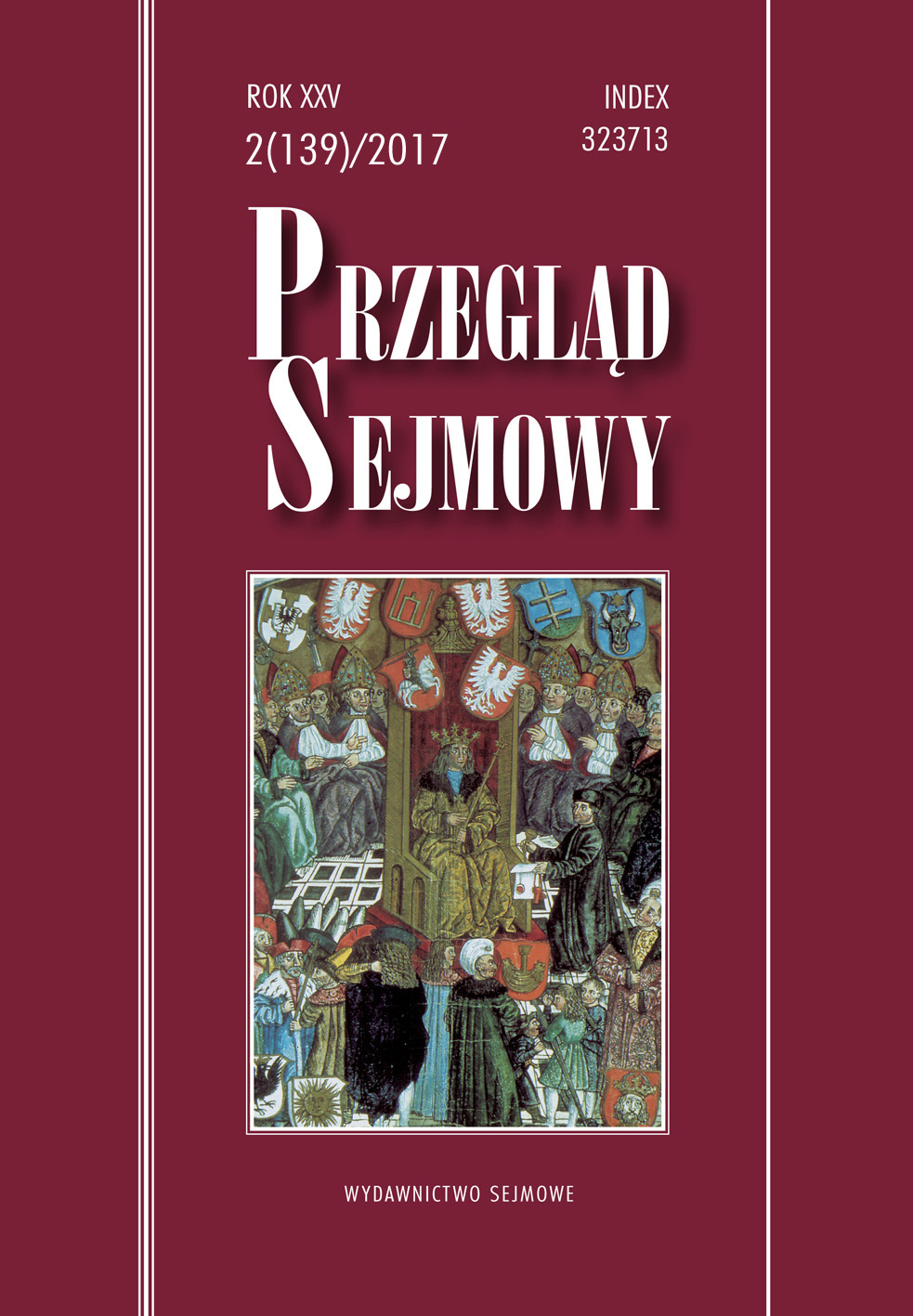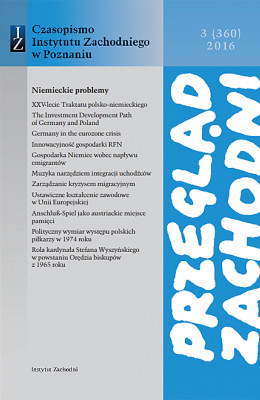
Niemieckie przewodnictwo w Unii Europejskiej w procesie zarządzania kryzysem migracyjnym
The article discusses the role of Germany in managing the EU migration crisis of 2015-2016. Its scale, legal basis and political framework governing refugee movement in Europe are discussed. Analyses concern the measures adopted by the EU and European countries in the face of the rising tide of migration. Special attention is paid to the agreement concluded between the European Union and Turkey (18.03.2016), whose fundamental assumption is the recognition of Turkey as the so-called “safe third country” for refugees. This recognition, in the light of international humanitarian standards, appears to be faulty. Despite this, however, the EU-Turkey agreement has been implemented and constitutes the basis for EU remedial action.
More...
